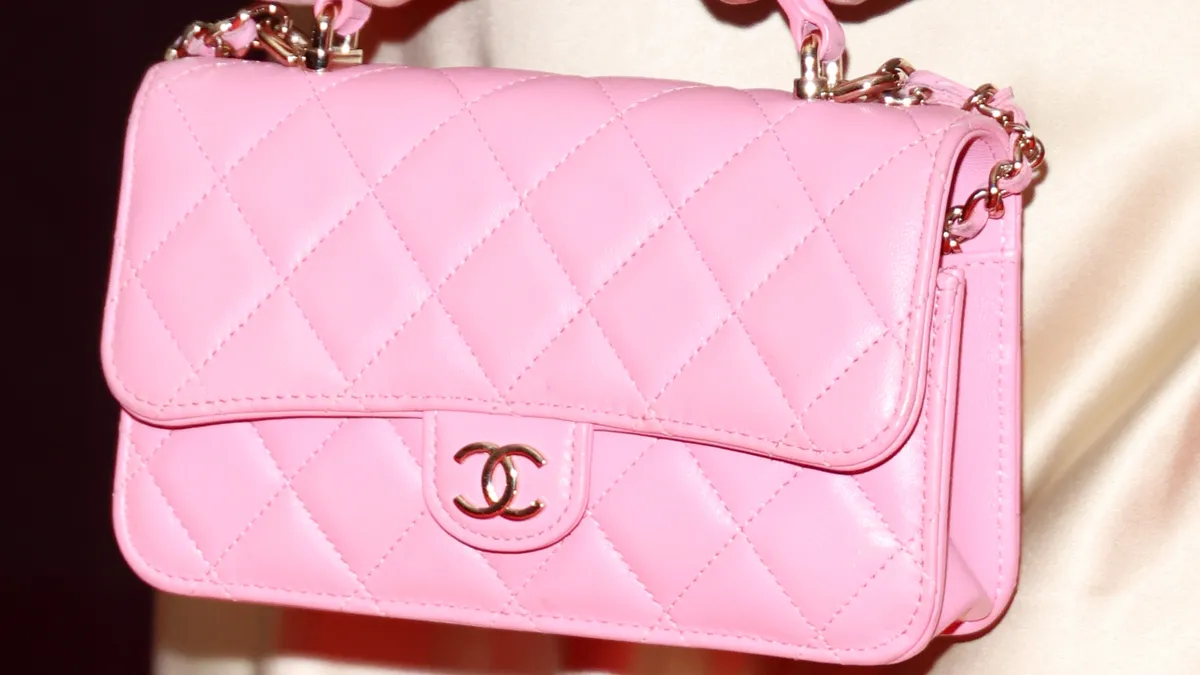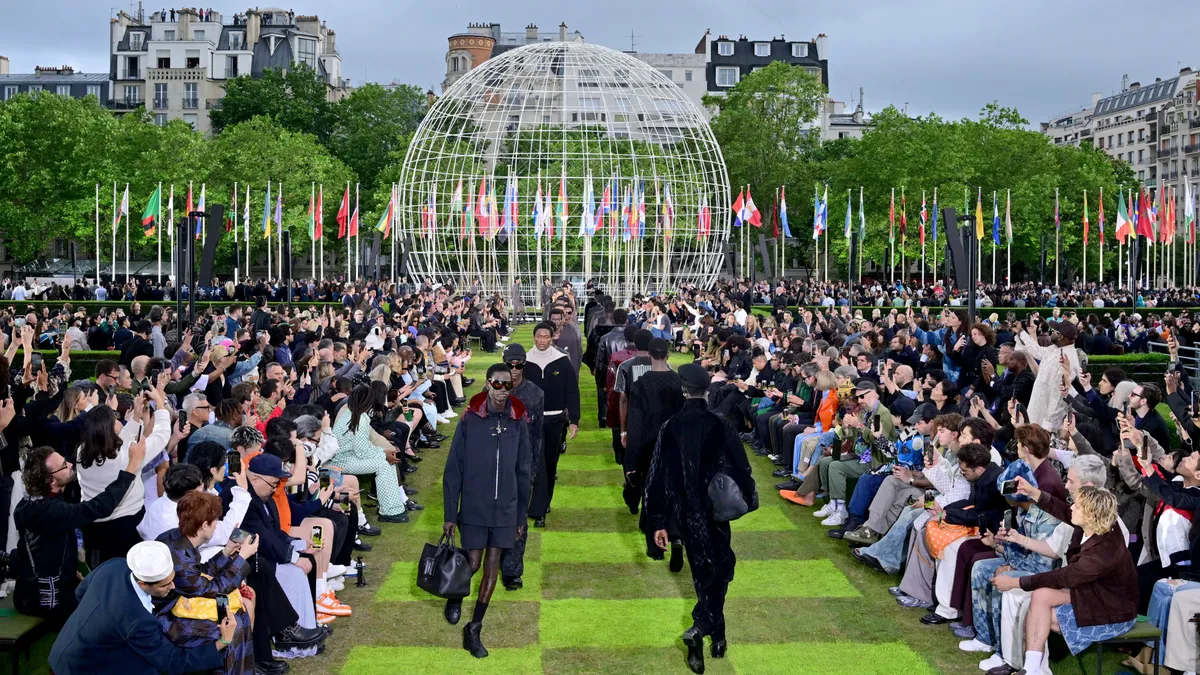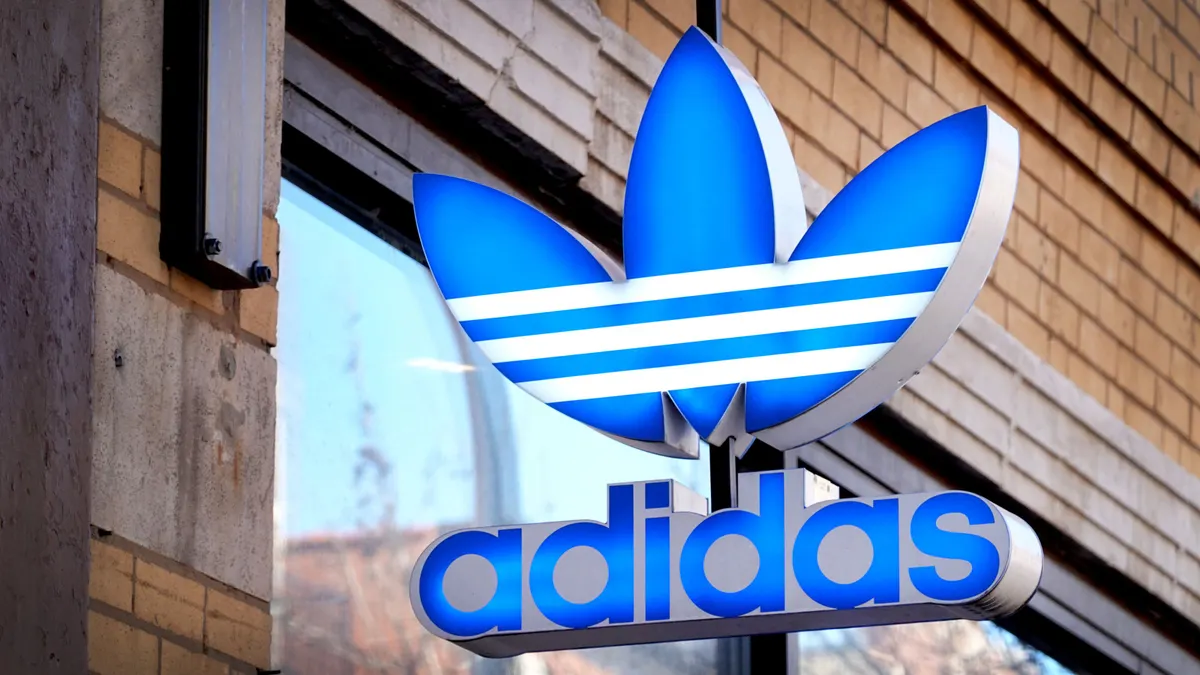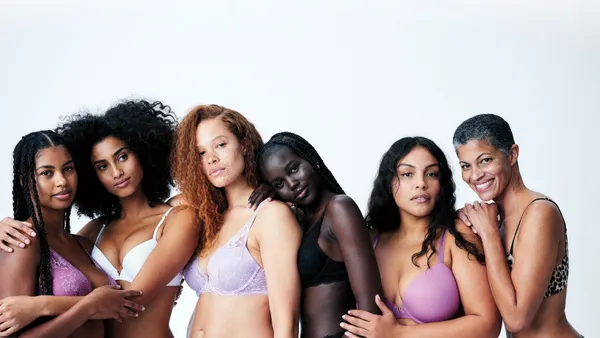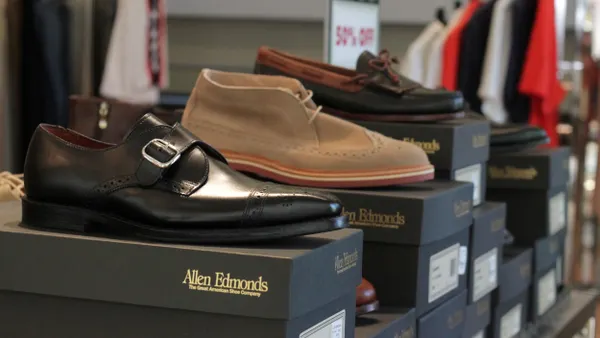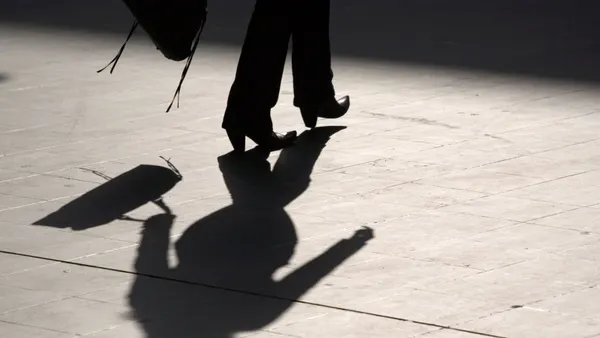Dive Brief:
- The judge in a lawsuit between Chanel and luxury secondhand retailer What Goes Around Comes Around was asked on Friday to reconsider and clarify a jury’s role in determining the “willfulness,” or intentionality of WGACA’s actions in its resale of Chanel products.
- The lawsuit, which has been ongoing since 2018, centers on WGACA’s use of Chanel marketing materials in its resale of Chanel products, and attorneys for the French luxury house accuse WGACA of false advertising due to its alleged sale of counterfeit products, per court documents.
- The court conference over the willfulness question took place on Jan. 5, per documents, and the trial between the companies is scheduled to begin Tuesday, according to a report from Vogue Business.
Dive Insight:
The case is being argued in court as resale gains popularity in the fashion industry, and more luxury brands are grappling with preventing counterfeit sales.
The complaint was filed in the U.S. District Court for the Southern District of New York over what Chanel called WGACA’s “improper business practices.”
WGACA doesn’t have a formal relationship or affiliation with Chanel, and Chanel explicitly refused the luxury reseller’s request for such an arrangement, per court documents. Chanel attorneys claim that WGACA attempted to deceive or mislead consumers into thinking this business arrangement exists through the use of Chanel’s marketing materials of the brand, including images of Chanel products, advertisements and trademarks.
WGACA sells Chanel-branded products obtained from third parties, per the filing. Some of the items included tissue box covers, trays and mirrors that aren’t authorized for sale to the public by Chanel, attorneys for Chanel argued.
The complaint also takes issue with WGACA “purportedly guaranteeing authenticity” by stating on its website that any piece purchased was “guaranteed authentic.” However, this authenticity is confirmed by WGACA and not Chanel. Attorneys for Chanel claim that WGACA sold counterfeit Chanel-branded items.
A WGACA spokesperson didn’t immediately respond to Fashion Dive’s request for comment. A Chanel spokesperson declined to comment.
The case could have implications for how resellers use a brand’s name when marketing their products.
Luxury resellers, including platforms such as The RealReal, can be an accessible way for younger consumers to engage with higher priced brands. However, the luxury market as a whole is experiencing soft demand as consumers cut back their discretionary spending.
Some resellers, including luxury accessories platform Rebag, have developed their own tech to determine an item’s resale value as well as its authenticity. Luxury brands such as Christian Louboutin, Valentino and Prada Group are among the brands that have taken legal action for the sale of counterfeit products.



